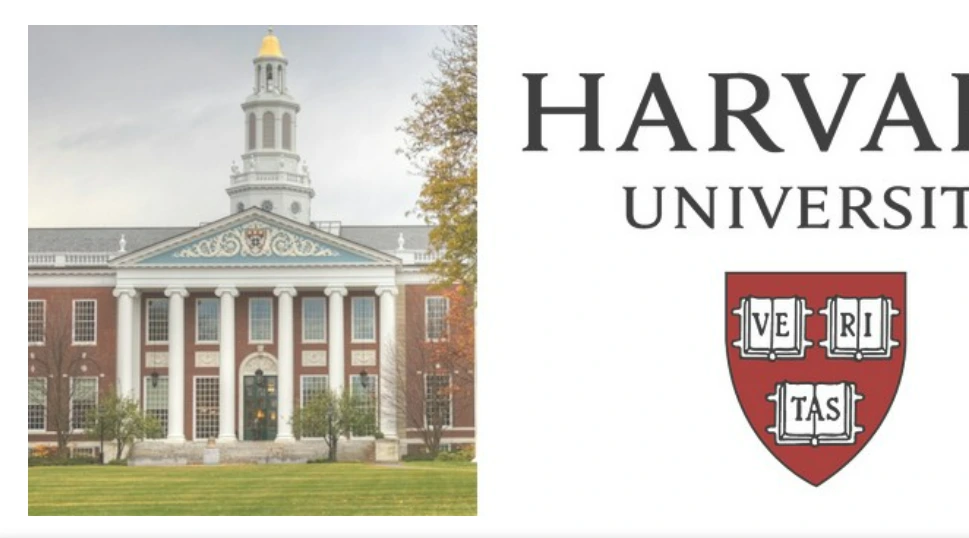The Trump administration’s push for Harvard University to scrap its diversity, equity, and inclusion (DEI) programs, along with significant changes to its admissions and hiring practices, has been firmly turned down by the university. This decision puts around $9 billion in federal funding at risk.
- Demands from the Trump administration for Harvard to dismantle DEI programs and revise admissions and hiring practices were rejected by the university.
- Around $9 billion in federal funding was put at risk due to the university’s refusal to comply.
- It was stated by President Alan Garber that no government should control teaching content, admissions, or hiring decisions at private institutions.
- A letter dated April 11 was sent by the Trump administration outlining its requests, including:
- Elimination of diversity, equity, and inclusion (DEI) programs.
- Termination of race-based hiring practices.
- Screening of international students for ties to terrorism or antisemitism.
- Enforcing “viewpoint diversity” in hiring.
- It was emphasized by Garber that most demands reflected governmental overreach into academic freedom.
- A response to media inquiries was not immediately provided by the White House.
- Multiple universities have been targeted by the Trump administration for alleged civil rights violations tied to DEI initiatives.
- Following pro-Palestinian protests at Columbia University, $400 million in federal funds was withdrawn.
- Funding was also frozen:
- $1 billion for Cornell University.
- $790 million for North western University.
- It was reported by university leaders that pressure from federal agencies has made it difficult to prioritize student welfare.
🔹 Federal Investigations:
- In March, a multi-agency Task Force to Combat Anti-Semitism announced a full review of Harvard’s federal contracts and grants totalling $9 billion.
- It was claimed by Education Secretary Linda McMahon that Harvard had endangered its reputation by failing to protect Jewish students and promoting divisive ideologies.
- A suggestion was made that Harvard could reverse course and recommit to academic excellence and student safety.
🔹 Harvard’s Legal Defence:
- A detailed account of Harvard’s recent actions to combat antisemitism was included in a letter by its legal team.
- Disciplinary actions were enforced.
- Staff members were hired to support antisemitism prevention efforts.
- It was argued by Harvard’s lawyers that the administration’s demands violated First Amendment rights and exceeded federal authority under civil rights law.
In a letter addressed to students and staff, Harvard President Alan Garber emphasized that no administration – regardless of its political leanings-should have the authority to dictate what private universities teach, who they admit and hire, or which academic fields they explore.
This response came after the Trump administration sent a list of demands to Harvard on April 11. Among these demands were the removal of DEI initiatives, the prohibition of race-based hiring, the vetting of international students suspected of supporting terrorism or antisemitism, and the implementation of “viewpoint diversity” in hiring practices.
Garber pointed out that while some of these demands were framed as measures to combat antisemitism, most were perceived as direct government interference in the university’s intellectual independence.
The White House has yet to provide a comment on the matter.
Harvard is Not Alone in the Spotlight
Several major universities have found themselves under federal scrutiny from the Trump administration for alleged civil rights violations in a nationwide effort to dismantle DEI programs. Following a year of Pro-Palestinian protests at Columbia University, the government withdrew $400 million in federal funding. Similarly, funding for Cornell was frozen at $1 billion, and North western faced a freeze of about $790 million.
University leaders shared with NPR that balancing federal demands while prioritizing student well-being has been a significant challenge.
In March, the government announced that a multi-agency Task Force to Combat Anti-Semitism was conducting a comprehensive review of $9 billion in federal contracts and long-term grants to Harvard.
U.S. Secretary of Education Linda McMahon recently made a statement highlighting that Harvard’s inability to safeguard Jewish students—while promoting divisive ideologies—has tarnished its reputation. She also mentioned that Harvard has the opportunity to make amends and reaffirm its commitment to truth, safety, and academic excellence.
In response, Harvard’s legal team detailed the steps taken over the last 15 months to combat antisemitism, which included enforcing disciplinary policies and bringing in supportive staff.
Harvard’s lawyers argued that the suggested changes would infringe upon the university’s constitutional rights and go beyond the government’s legitimate authority in enforcing civil rights laws.

